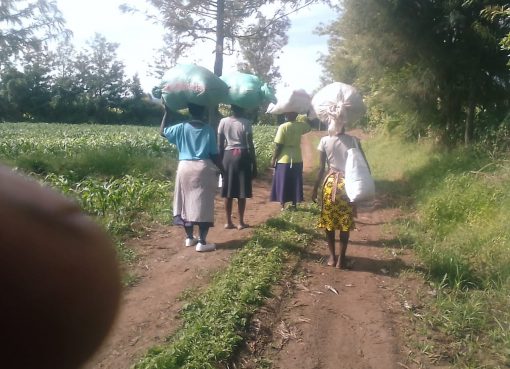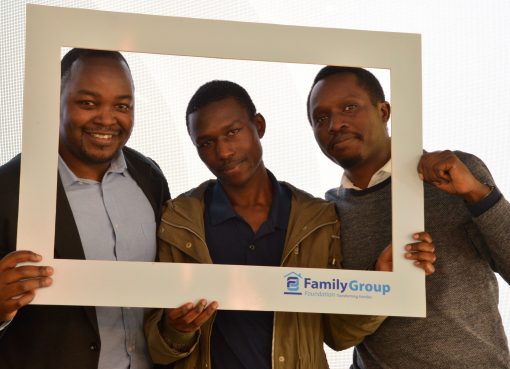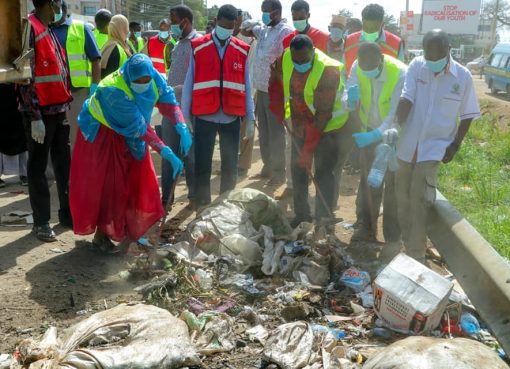Child offenders in conflict with the law in the country are still encountering challenges of legal aid provision and access to quality justice, a cause that hampers their effective participation in court proceedings.
This has necessitated the Office of the Director of Public Prosecution to form a Task Team on Juvenile Justice, as well as to develop guidelines for prosecutors to improve the handling of children in the criminal justice system.
A recent Assessment Report launched last week by the Cabinet Secretary for Labour and Social Protection Simon Chelugui to check on the effectiveness of the rehabilitation programmes, services and practices in the statutory children’s’ institutions in Kenya, has revealed that the country has inadequate rehabilitation programmes in remand homes.
Chelugui who also launched a Blueprint for rehabilitation and social reintegration programmes services and practices for children in conflict with the law in the country said the two documents have set out standards for treatment of the child offenders to ensure that they are treated with respect and dignity.
“The recommendations contained in the report will be useful in addressing the real deficiencies that still exist and which do not respond to the need of the children who find themselves in conflict with the law and especially those committed to statutory institutions,” said Chelugui.
In a speech read on his behalf during the launch of the two documents at the Ministry’s headquarters at NSSF Building by the Chief Administrative Secretary, State Department of Social Protection, Patrick Ole Ntutu, the CS said the blueprint maps out the key programmes that will be implemented in child offenders’ institutions and upon release of offenders from institutions.
“The blueprint will also highlight the principles that should inform processes at each stage of the child justice system, in line with the overall objective of rehabilitation and reintegration,” he added.
Chelugui said his ministry in collaboration with key stakeholders in the juvenile justice system will ensure that officers are trained on the standards for dealing with child offenders, through care and aftercare procedures, to enable them have basic skills to aid their work.
The African Charter on the Rights and Welfare of the Child in which Kenya is a signatory, recommends that the treatment of every child in conflict with the law, if found guilty of infringing the penal law, shall be his or her reformation, reintegration into his or her family and social rehabilitation.
Chelugui who recommended that partnerships between child justice institutions and communities be enhanced also urged all agencies in the child justice system to embrace rehabilitation and reintegration.
“I call upon all stakeholders to adopt the recommendations made in these reports so as to improve the existing rehabilitation programs, practices and services for children in conflict with the law in the country,” he added.
The CS also thanked the United Nations Office on Drugs and Regional Offices Eastern Africa for supporting the government in implementing rehabilitation programmes within the statutory children’s institutions.
Kenya has domesticated the United Nations Standard Minimum Rules for Administration of Juvenile Justice, which sets out principals of promoting the welfare of children within the criminal justice system into the Constitution, and the Children’s Bill, 2020.
By Bernadette Khaduli





